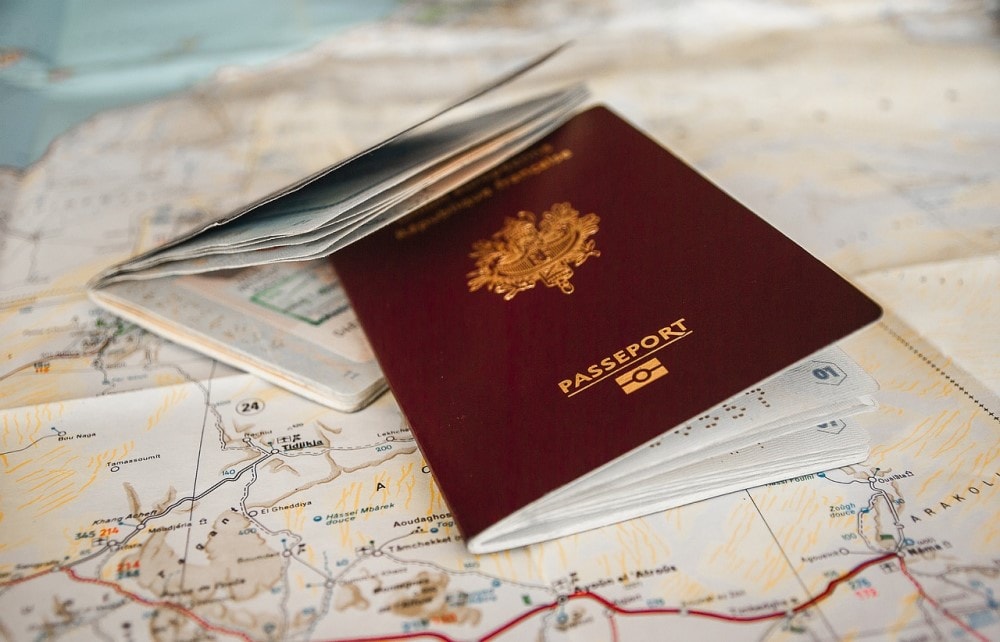Are you unknowingly opening up your door to danger?
Excited new homeowners often post pictures on social media of themselves dangling keys in hand as a way to share their big news with friends and loved ones. But this seemingly innocent practice could be putting one’s safety at risk. While it may appear harmless, posting photos online of your home or apartment keys, or even car keys, is similar to publicly posting your credit card numbers or banking information.
Keys are physical devices that are unique to you and the valuables you’re protecting. Keys are tools used to access your private physical spaces, much like credit card numbers are unique identifiers used to access your money. You’re likely already aware that posting your financial information online is an obvious danger, but many people haven’t thought about the similar risks associated with sharing photos of keys.
Why is it bad?
There’s quite a bit of information that can be gleaned simply by looking at a physical key (or an image of one). Many keys may have an inscription of the brand of lock it is used for, such as Master, Schlage, Kwikset, Brinks, and so on. Additionally, the number of “bittings” or pointed notches on a key can tell an observer how many pins are inside its corresponding locking mechanism.
In theory, a criminal could use a picture of a key to recreate a physical key using various methods, including 3D printing or an online-based locksmithing and key-cutting service.
Several online locksmiths and key duplication services have surfaced in recent years which allow customers to upload an image of a key and receive a fully functional physical key by mail. In 2008, a computer science team at the University of California San Diego’s engineering school wrote a software program that could recreate a physical key from a photograph taken from a whopping 200 feet away.
Using a key duplicated from an image posted on social media, combined with some simple information collection to locate your home address, a criminal could walk right into your front door without picking any locks or causing visible damage.
As for vehicles, while most modern automobiles have keys with built-in PATS (passive anti-theft system) technology, which prevents key forging and duplication, there is still risk in posting pictures of car keys online. In theory, depending on the model and age of your car, a savvy thief could use these techniques to replicate they key and gain access to the trunk of your car, or possibly the interior, and steal your belongings.
What should I do?
Protect your keys like you would any other type of private or personal information. Just because a key may be in your hand doesn’t meant it can’t be easily reproduced or forged by a savvy criminal. If you do choose to post pictures of your keys online, make sure the keys are partially covered, especially the bittings, which are essentially a serial number to your home’s lock. Finally, you may want to invest in additional security devices and systems for your home for an added layer of protection. Consider a home alarm system with 24/7 monitoring, digital “smart locks,” and security cameras with alerting functions. All of these will provide supplementary protection, including added security against lock-picking and brute force break-ins. As always, use good judgment when posting content online.
Products, brands, and services mentioned in this post are for informational use only. No endorsement or promotional purpose is expressed or implied.



